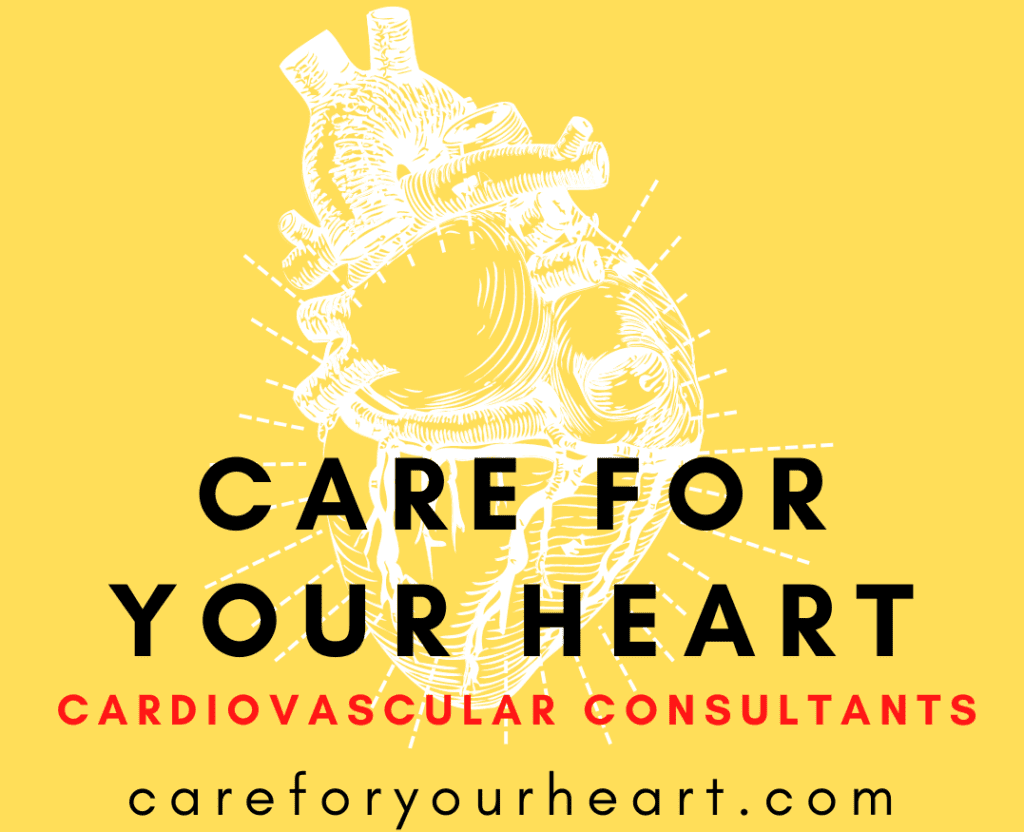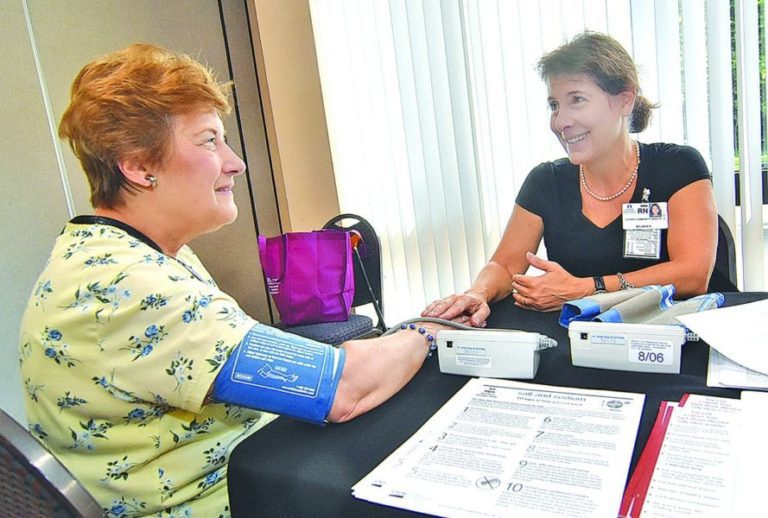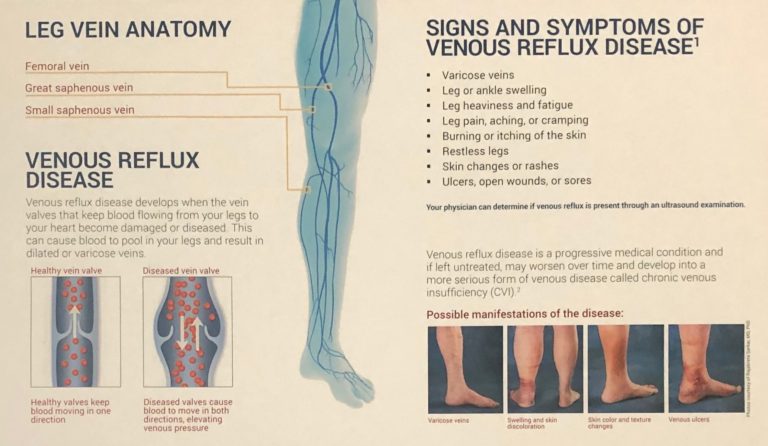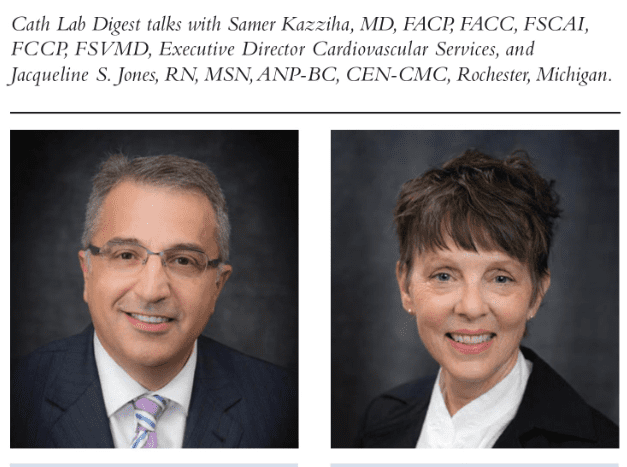Cardiology is the specialty of medicine that is responsible for the prevention, diagnosis and treatment of cardiovascular diseases.
The cardiologist is the medical professional with specific preparation to assist patients with cardiovascular problems, either as a clinician, or as a specialist in diagnostic and therapeutic procedures.
The field of professional performance of cardiology includes the following aspects:
Clinical cardiology
Clinical cardiology remains the basic pillar of the specialty. The great development of diagnostic techniques makes it more necessary to emphasize its importance, because the final decision of the cardiologist must be a consequence of the integration of all the information received through both the clinic and the diagnostic techniques.
The high incidence of cardiovascular problems involves the participation of the cardiologist in multiple aspects of clinical care.
The assistance to the cardiac or acute coronary patient constitutes one of the fundamental pillars of the specialty, since a large part of its therapeutic efficiency depends on it. It requires great experience and technical capacity and a good integration of all the resources of the current cardiology. Hence the importance of the participation of the cardiologist in the organization and operation of the emergency services, both prehospital (ambulances or mobile units) and hospital.
In the hospital ward, the cardiologist continues the assistance of the acute coronary patient or attends cardiac patients with acute problems that do not require intensive surveillance or in a chronic situation who are going to undergo complex diagnostic processes (especially invasive) or therapeutic processes.
Most heart diseases are chronic and constitute an important contingent of outpatient care demand. The cardiologist can solve a large part of the problems presented by outpatients, as well as control the evolution and therapeutics, without having to refer them to the hospital, if they have the necessary non-invasive diagnostic means and work closely with the hospital of reference. On the other hand, the most immediate contact with the population facilitates their participation in prevention and community education.
The cardiologist acts as a consultant to his fellow surgeons, with whom he works closely.
Diagnostic techniques
The diagnostic examinations of the specialty are the following:
Non-invasive diagnosis:
- Interpretation of chest radiology.
- Standard electrocardiography.
- Holter electrocardiography.
- Stress tests (effort and drugs).
- Conventional, stress and Doppler echocardiography.
- Nuclear cardiology.
- Pharmacological tests.
- Other ECG techniques (high resolution).
- Telemetry.
- Ambulatory blood pressure monitoring.
Invasive diagnosis:
- Transesophageal echocardiography.
- Cardiac catheterization: hemodynamic and angiographic study. Coronary angiography.
- Monitoring of hemodynamic parameters.
- Electrophysiology.
- Myocardial biopsy.
- Angioscopy.
- Echocardiography and intravascular Doppler.
Therapy
The cardiology specialist provides the following treatments:
- Acute and chronic coronary disease. Thrombolysis
- Arterial hypertension.
- Dyslipidemia.
- Heart failure.
- Cardiac arrhythmias.
- Cardiomyopathies.
- Pericardium disease.
- Valvulopathies.
- Endocarditis.
- Congenital heart disease.
- Other cardiovascular diseases.
Special Techniques:
- Implantation and monitoring of pacemakers and implantable defibrillators.
- Cardioversion, defibrillation and cardiopulmonary resuscitation.
- Catheter arrhythmia ablation.
- Pericardiocentesis.
- Angioplasty and valvuloplasty.
- Other techniques of cardiovascular therapeutic catheterization.
- Treatment of the patient with heart transplant.
Preventive cardiology, epidemiology and rehabilitation.
Preventive action, both primary and secondary, occupies a preeminent place in cardiology. Its field of action includes the most prevalent chronic diseases in our environment: arteriosclerosis and arterial hypertension. The control of risk factors and health education are an integral part of the assistance provided by the cardiologist to his patients and their families. This action can be extended to the community if it participates in epidemiological studies, in education and health promotion campaigns.
Cardiac rehabilitation has proven useful in functional recovery and secondary prevention.

Cardiovascular research.
The cardiologist must promote, develop and collaborate in research, whether clinical, experimental or epidemiological. The research allows to create the critical and scientific framework necessary to maintain the optimal quality of care, train good specialists and promote the progress of medicine in our environment.
Clinical and cardiovascular pathophysiology.
It includes clinical manifestations, diagnostic criteria and differential diagnosis, natural history, etiology, pathophysiology, pathological anatomy, epidemiology and the social and economic impact of cardiovascular diseases. Topics of preferential interest are those related to:
- Coronary heart disease, arteriosclerosis, dyslipidemia and blood thrombosis.
- Arterial hypertension.
- Valvulopathies.
- Congenital heart disease in children and adults.
- Cardiac arrhythmias.
- Cardiomyopathies and heart diseases of systemic diseases.
- Hyperkinetic syndromes.
- Cor pulmonale and pulmonary thromboembolism.
- Pericardium diseases.
- Endocarditis.
- Heart failure.
- Functional alterations and of psychic, social, labor and environmental origin.
- Diseases of the great vessels and peripheral vascular pathology.
- Cardiovascular complications of chronic renal failure, trauma and tumors.
- Diseases closely related to cardiovascular pathology.
- The cardiologist with special training in pediatric cardiology has its field of action in hospitals with pediatric cardiology units.
Call now (586) 698-1200 to schedule an appointment with a Cardiologist at Cardiologist Consultants in Sterling Heights, Washington Township or Rochester Hills, Michigan.




